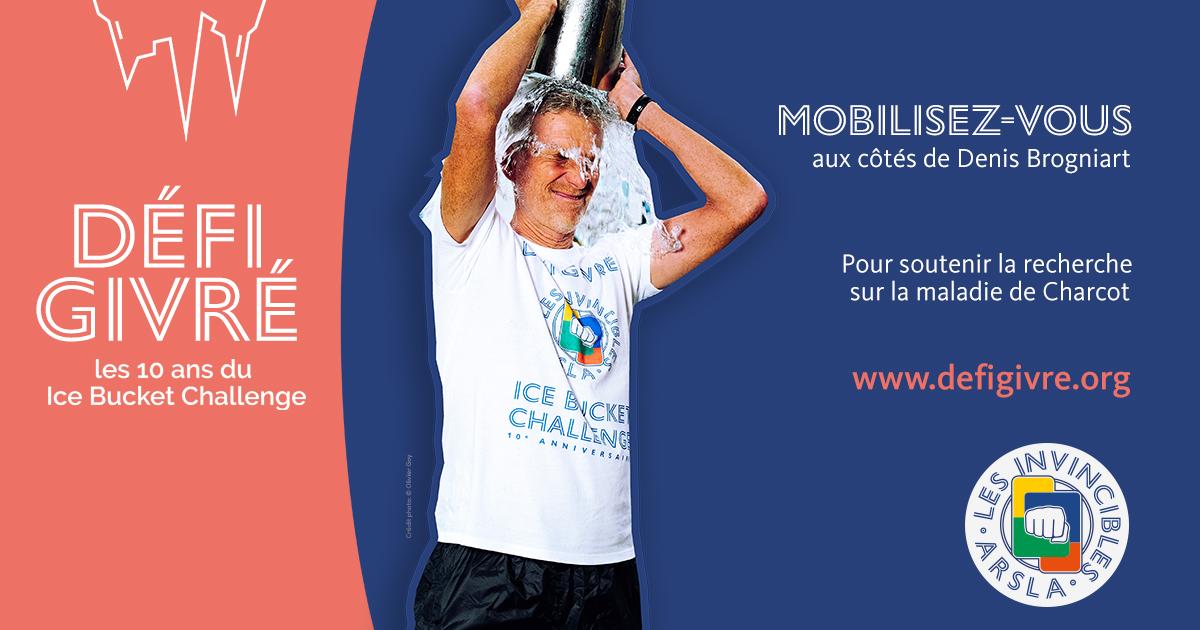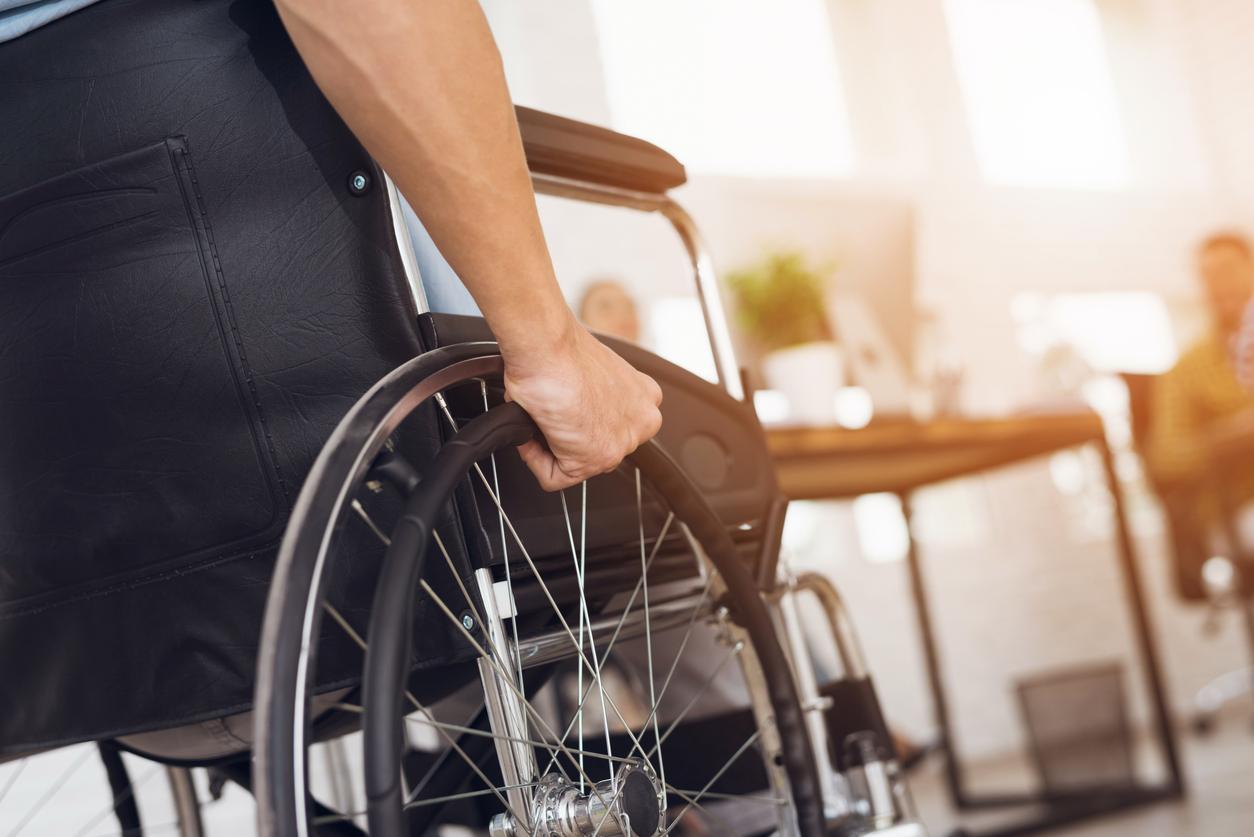On social networks, the challenge, launched on the internet in 2014, raised 200 million dollars. A sum which made it possible to finance part of a clinical trial leading to the development of a promising drug against Charcot’s disease.

- Charcot’s disease is little known, but it leads to a decline in motor neurons and eventually causes general paralysis, even preventing breathing.
- Money raised by the ice bucket challenge helped fund part of a clinical trial leading to a drug that slows functional decline.
- Two other phases of tests are planned before a potential commercialization of the treatment.
Six years ago, a challenge ignited the internet. The principle: post a video spilling, or being spilled, a bucket of ice water on the head before nominating three people who must do the same. The challenge is going viral and many personalities are getting into the game, from athletes to Donald Trump. In addition to the humorous intention, the ice bucket challenge had another objective: those who refused to take part in the game had to make a donation to the Motor Neurone Disease (MND) Association which fights against Charcot’s disease. Six years later, 200 million dollars have been collected and donated.
@MirandaEvaKH
Donald Trump did the Ice Bucket Challenge six years ago before his presidency. https://t.co/h5ldk2PwvF— SUMMERVIBES2020 (@RandolphPinckn3) September 1, 2020
Slower functional decline
It is the American Pete Frates, suffering from this neurodegenerative disease and who died on December 9, who is at the origin of the challenge. Amyotrophic lateral sclerosis remains little known and we do not yet know how it works or its origin, except that it leads to a decline in motor neurons and eventually causes paralysis. This will then gain the gestures of everyday life such as eating or talking before making breathing impossible. Stephen Hawking suffered from this disease before dying in 2018.
The money collected by this challenge made it possible to finance part of a clinical trial, the results of which have just been revealed. It led to the development of a drug, sodium phenylbutyrate-taurursodiol, which slows the progression of the disease, after double-blind trials where 89 patients received this treatment while 137 had no than a placebo. “Patients tell me that their primary goal is to be able to retain physical function for as long as possible. They want to be able to continue to walk and use their hands”, describes Dr. Sabrina Paganoni, lead author of the study to NBC News. The results were published on September 3 in the New England Journal Of Medicine.
Two more test phases
This research is not over and must continue. The treatment developed so far has side effects, including gastrointestinal problems. Before being able to put the drug on the market, these effects must be eliminated, but already this step constitutes real progress. “The Ice Bucket Challenge was an important turning point in the fight against the disease. It has made it known, raised awareness and attracted more researchers and investment in research”, welcomed Sabrina Paganoni. Two new phases of tests are planned before, hope the researchers, a marketing.
.

















